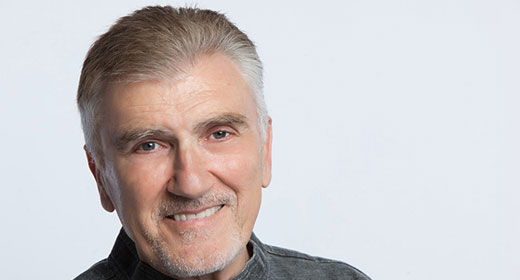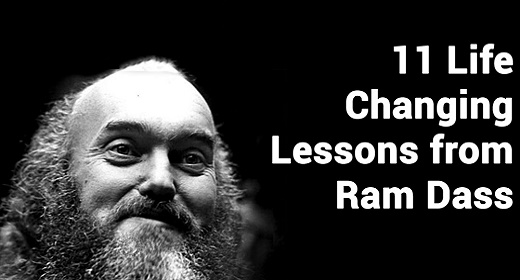by Kino MacGregor: If you come to the practice of yoga looking only for pleasure, yoga will eventually disappoint you…
Sooner or later, you’ll get bored with the practice or you will experience pain or discomfort in a posture you previously found fun. The basic lesson of this centuries-old science of self-exploration is that if you heed the call of pleasure and pain, you will always be a slave to the sensory experience.
If you instead learn to train the mind to be present, focused and equanimous regardless of the inevitable vicissitudes of life, then you will gain your freedom and ultimately experience your limitless, powerful higher self.
Sincere spiritual investigation is a journey to your center. Along the road, all of your attachments and aversions will be challenged. Everything you know yourself to be will be questioned. It’s not for everyone.
There are traditionally three qualifications that constitute a firm ground for the practice:
1. You have to commit to the practice for a long time, perhaps for your entire life, before you can expect to see measurable results.
This framework removes the ego’s attachment to getting anywhere fast in the practice.
2. Second, you should practice with continuity and regularity both on and off the mat.
As much as you are willing to put in the effort the practice will give back to you. But if you waver in your commitment to practice and to allow the practice to transform your whole life then you will waver in your journey. Only you can unroll your mat and practice. And only you can commit your whole life’s journey to the spiritual side of the practice.
3. Your intention and sincerity matter.
If you come to the yoga practice with the assumption that it’s just about getting a thin yoga body and a solid handstand, then it will only take you to the most superficial level of the practice. If you do your practice merely for health benefits, you will certainly feel better and have more energy, but even this is not the true depth available within the context of yoga.
In order to really get the deepest benefit from the practice, you have to set your intention on the spiritual journey of yoga. If you know that your reason for doing the practice is to be a more peaceful, happy, and joyful person, then all the necessary lessons that lead to that result will become evident through the vehicle of the practice.
You might say that’s a lot to ask of a simple Downward Facing Dog, and you’re right. Except it’s not only a lot to ask of the posture, it’s a lot to ask of you, if you choose to practice yoga. Most social conditioning is built around the principle that it is possible to live in a pain-free, quality controlled, optimized temperature environment.
Think about the ultimate customer service experience that we each look for as consumers. Everything about this “modern” style of consumption seeks to keep the consumer in a perfect bubble where the customer is always right.
We are taught how to hold on to pleasure and attempt eradicate sources of pain in a failed effort to keep the world at our ideal sweet spot. The reality of life is that no matter how much we try this “reality” is never ideal. There is almost always something that you would rather do without, like a traffic jam, a bill in the mailbox, dirty laundry or a squeaking noise from the fan.
Yoga is not about getting rid of all these things and controlling your environment. Yoga is about keeping your peace of mind regardless of whether you experience ease and flow or stuckness and difficulty. Changing external situations is a losing battle, but gaining control of your own nervous system is something that you can truly master.









































